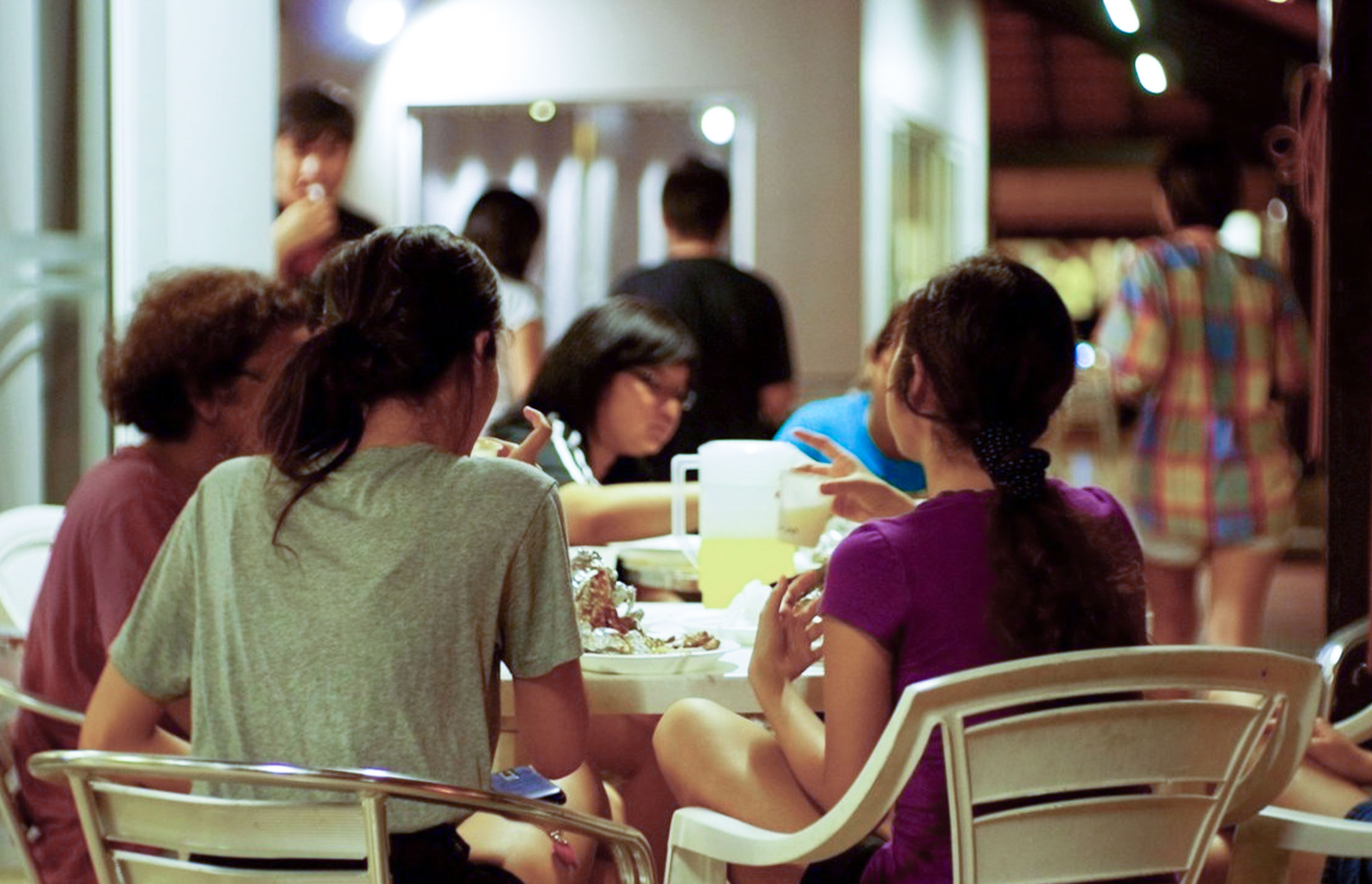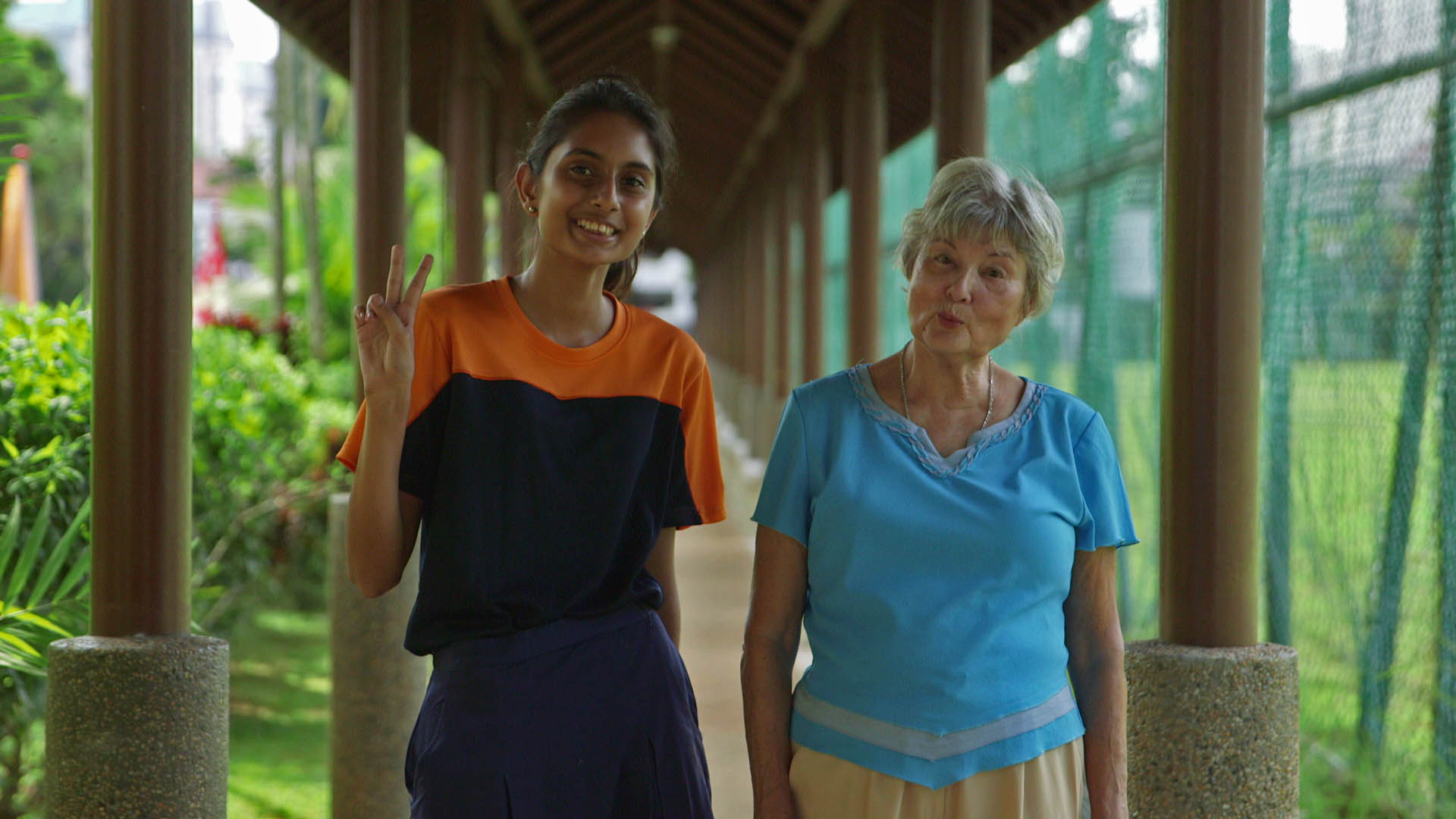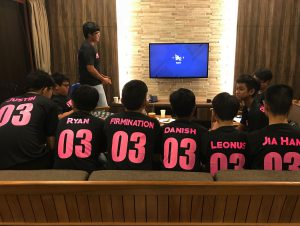
You want beer?
I had my first beer at 14 years old, with classmates of the same age. Yes, we were absolutely too young. How then did this group of underage kids get beer? Like how all delinquents get their alcohol or nicotine at chalets: through an ah lian’s older boyfriend. No one at 14 appreciated the bitter taste of alcohol, but we each downed half a can anyway; probably from peer pressure and the desire to feel more mature than we really were. In fact, another class was also having their first taste of alcohol next door. They didn’t think anyone would find out since they disposed of the evidence discretely. Unbeknown to the class, one of their classmates went home wasted. When he vomited in his mother’s car, the cat was out of the bag and the principal found out.
Chalets Are The Perfect Excuse
When I turned 18 and went to my first club, I left the party at 2am because my parents insisted on picking me up. I wasn’t embarrassed but rather, upset for missing out. From then on, I would tell my parents I was staying over at a chalet if I ever wanted to spend the whole night out. And I'd get their approval - no questions asked. For some of my friends who are in forbidden relationships because of race, religion, or strict parents, chalets have proven to be the perfect cover for staying out late. Many staycations were only possible because of that excuse too. Could our teenage years be as exciting and thrilling as it’s supposed to be without chalets? I doubt so. Since they are considered safer and more acceptable than a club, a hotel room, or someone’s home even, chalets were and still is the perfect white lie. I’m sure teenagers these days have found their own way to dapple in these same vices, but I still can’t help but feel sad that the chalet culture is dying out. It’s almost like seeing a part of my childhood slowly disappearing. I’m aware that in chalets, <a href=" scandals and drug orgies thrived. But for me, it was simply a place where I had significant moments of prepubescent growth and new adventures. Unlike Tamagotchis and MSN, chalets were more than just a way to connect and have fun. It was where we learnt to define our own moral grounds and really grew up. (Header image credit: mkvlln voto) Also read, Glo-Up Or Fade-Out: 8 Millennials Share Their Life Experiences In The Past 10 Years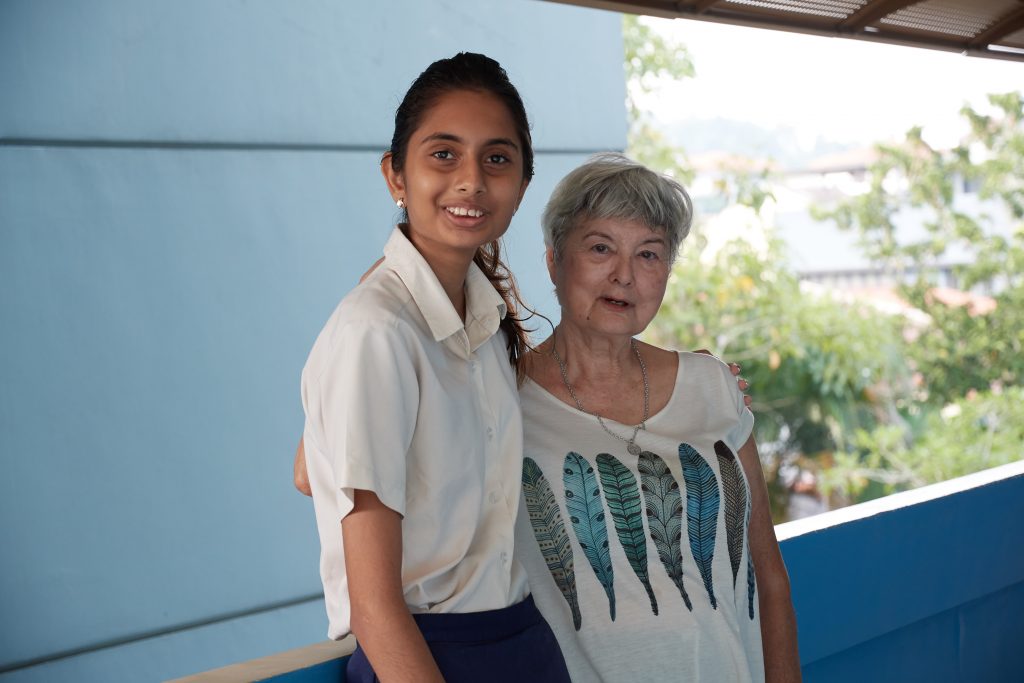
When Riddhi Met Louise
Riddhi and Louise were complete strangers when they met at a social experiment Channel NewsAsia ran. Titled “Back to School”, this four-part series followed Riddhi, Louise, and 4 other pairs of strangers as they spent 10 weeks together.
Watch Episode 1 of Channel NewsAsia's Back to School <a href="
The experiment gave invaluable insights into 10 average Singaporeans' lives and proved that despite the huge age gaps, friendship is possible.
While the episodes presented very interesting and endearing interactions between the Secondary school teenagers and their elderly partners, we wanted to find out more about what went on behind the scenes.
We spoke to Riddhi, Louise, and the production team. Here’s how they succeeded in making friends out of strangers who are generations apart.
Breaking The Barriers
Like most teens, Riddhi has no clear direction in life yet. She doesn’t fit in with peers in her school either, and prefers her world of fan fiction and indie music.

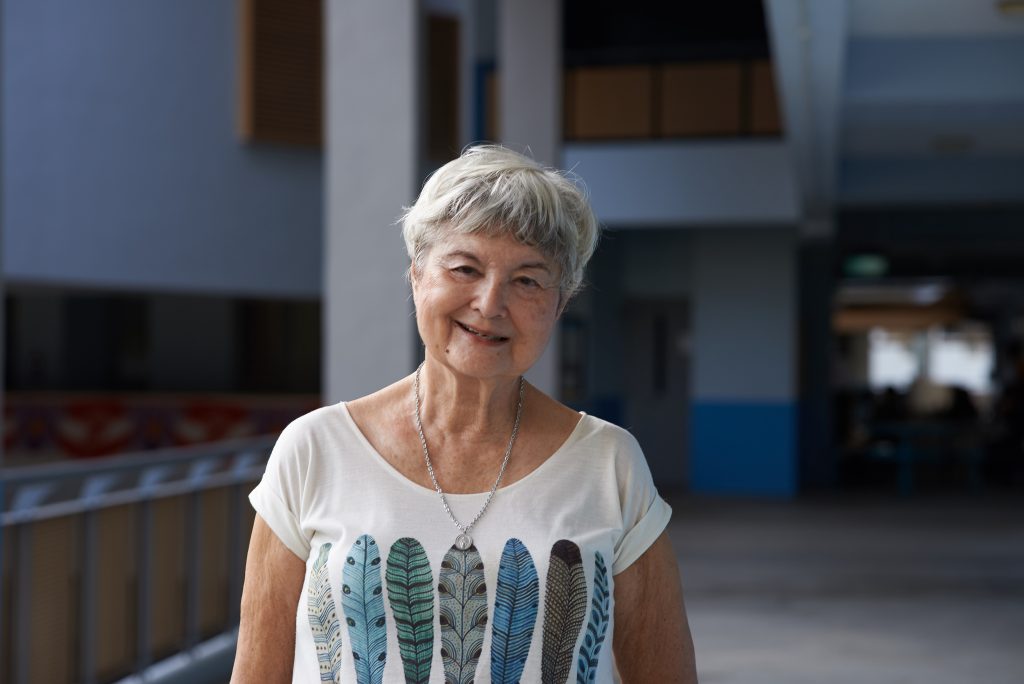
Becoming Friends
Despite the challenges in accommodating to each other’s needs, Riddhi and Louise grew to not only embrace, but help each other in their weaknesses.
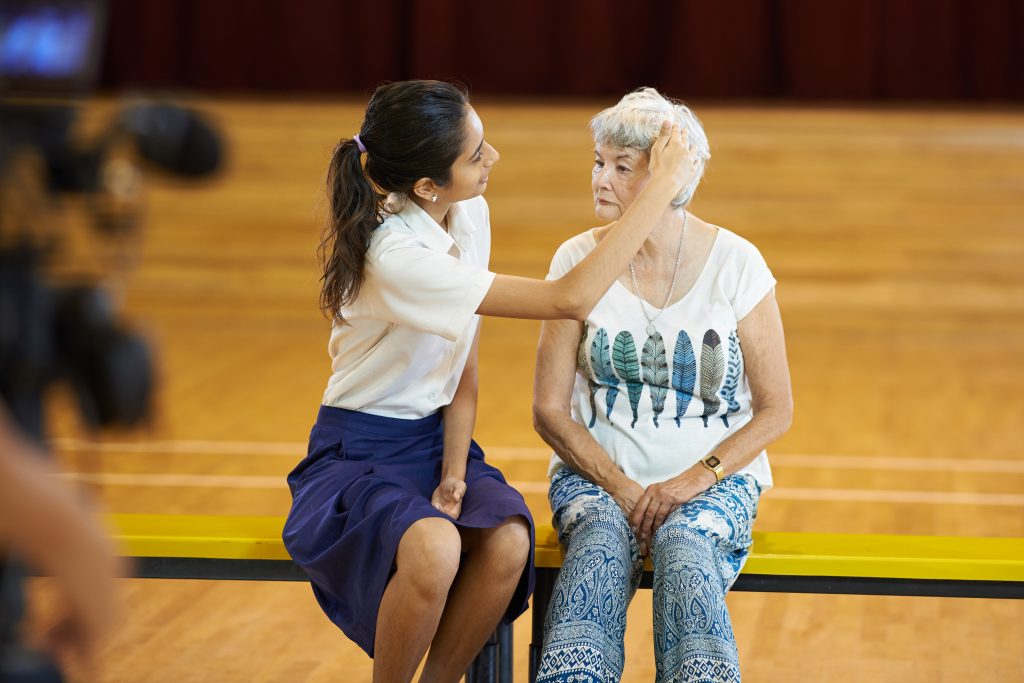
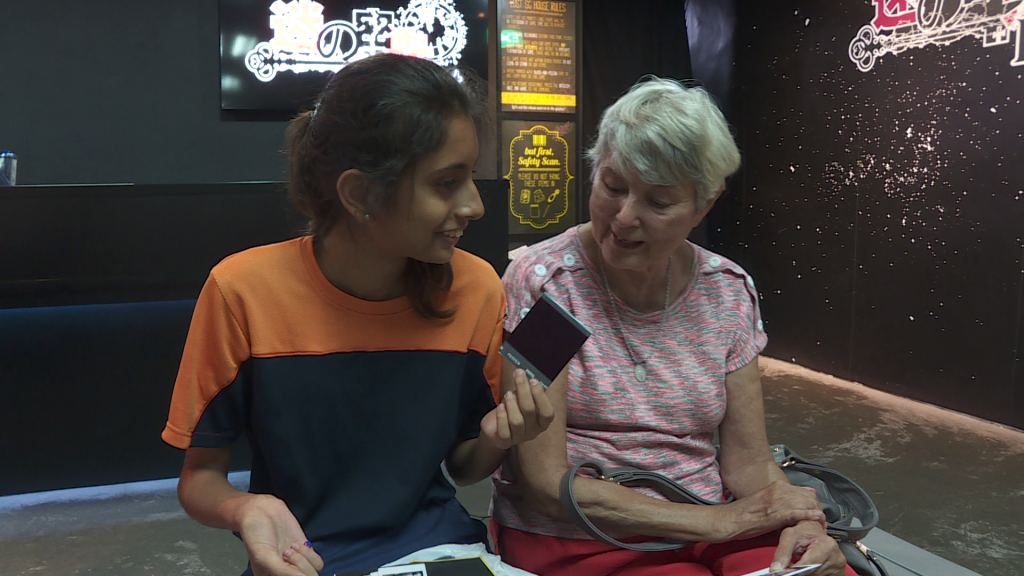
More Than Just Companionship
Having set out to test the success of intergenerational friendship researches done in US and Japan, the producers were “quite apprehensive about whether a simple friendship could make a difference, but the results showed a definite improvement.”
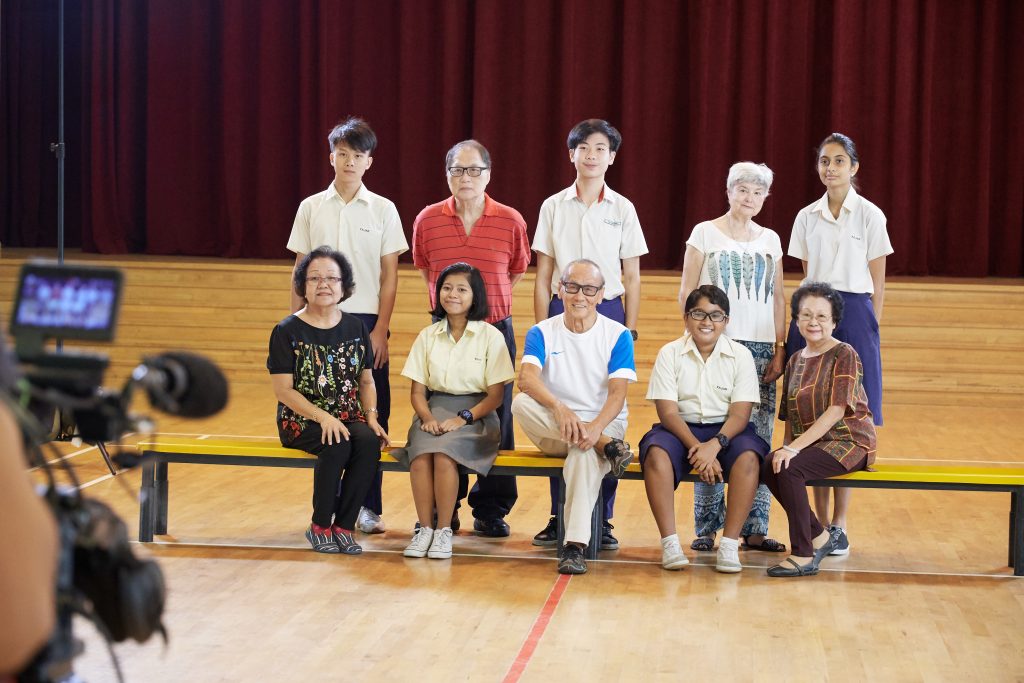
Best Friends Forever?
Now that the 10-week ‘project’ has ended, how do Riddhi and Louise see each other?
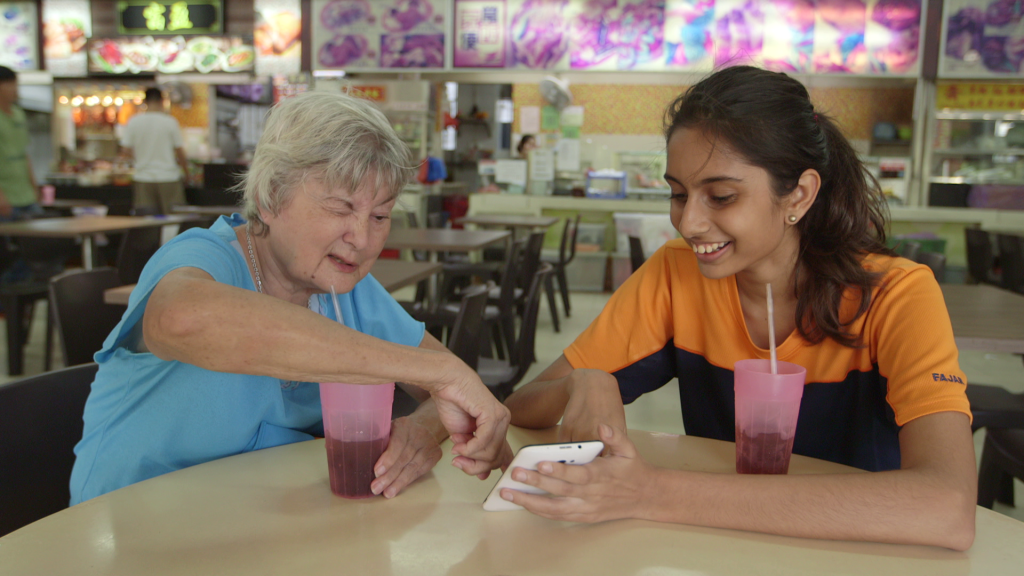 While Riddhi sees Louise as a good friend whom she can share problems with, Louise thinks of herself as Riddhi’s surrogate mother without the parental control, “I think Riddhi trusted me as an outsider, that’s why she shared her worries with me. It’s easier to share your problems to outsiders than to your own parents.”
What is the secret to their surprising bond?
“Listen, listen, and listen,” Louise emphasised, “seniors must take the first step to reach out, and don’t rush to impose or impart your knowledge until the young ones are ready to listen. Be patient.”
And for the young ones, “Don’t judge someone just because of their age,” Riddhi shared.
Watch the 10-week journey of Riddhi, Louise, and the other senior-teenager pairs on Channel NewsAsia’s Back to School <a href="
This story is written in collaboration with Channel NewsAsia.
Also read, These 14 Heartwarming Stories Show That A Mother’s Love Is Like No Other.
While Riddhi sees Louise as a good friend whom she can share problems with, Louise thinks of herself as Riddhi’s surrogate mother without the parental control, “I think Riddhi trusted me as an outsider, that’s why she shared her worries with me. It’s easier to share your problems to outsiders than to your own parents.”
What is the secret to their surprising bond?
“Listen, listen, and listen,” Louise emphasised, “seniors must take the first step to reach out, and don’t rush to impose or impart your knowledge until the young ones are ready to listen. Be patient.”
And for the young ones, “Don’t judge someone just because of their age,” Riddhi shared.
Watch the 10-week journey of Riddhi, Louise, and the other senior-teenager pairs on Channel NewsAsia’s Back to School <a href="
This story is written in collaboration with Channel NewsAsia.
Also read, These 14 Heartwarming Stories Show That A Mother’s Love Is Like No Other.
